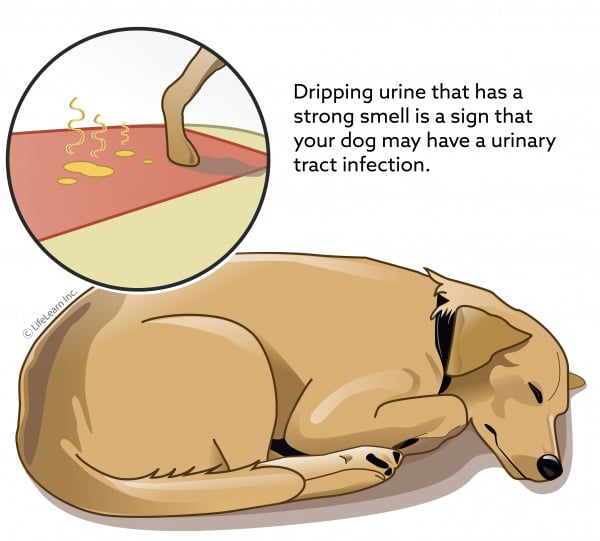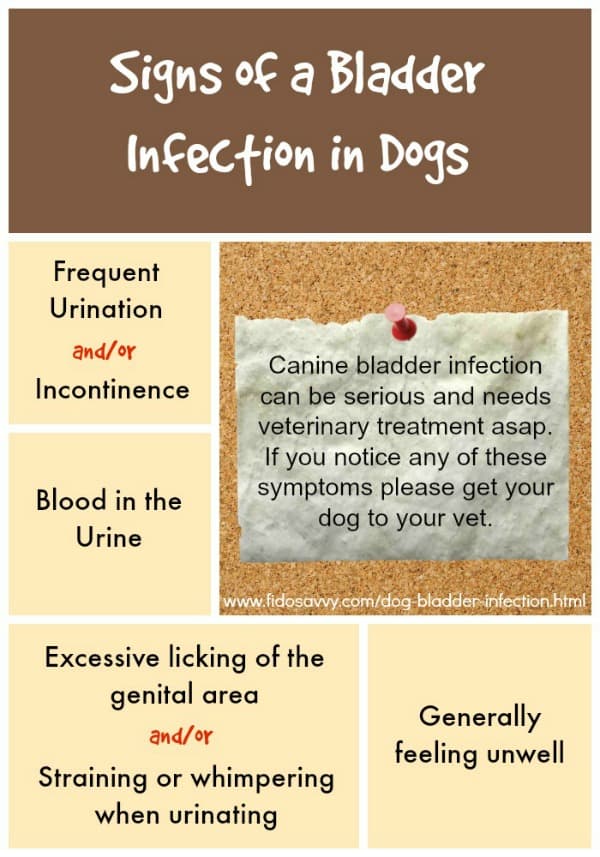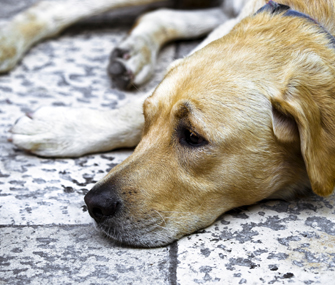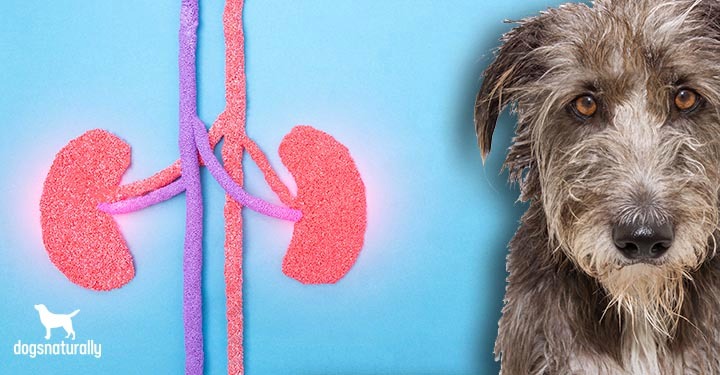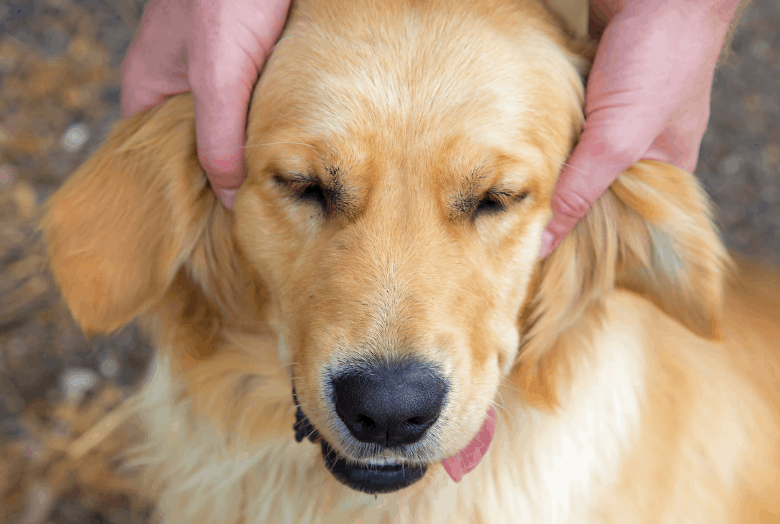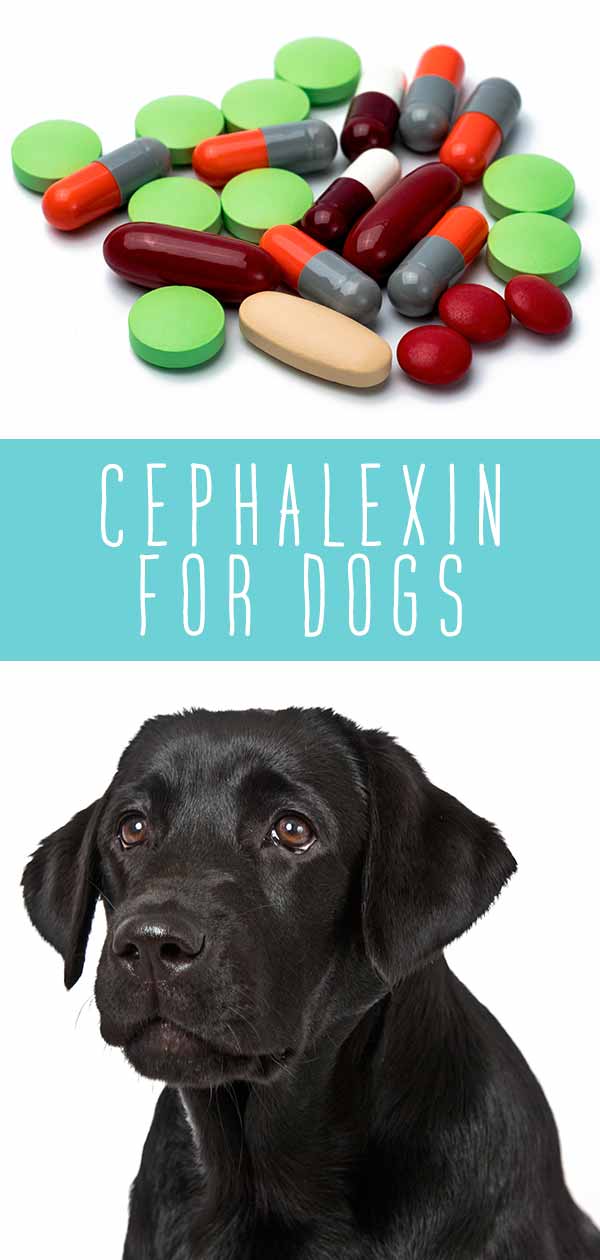Antibiotics for dogs and cats like cephalexin or clavamox are the most common treatment for utis due to their ability to destroy and inhibit the growth of bacteria.
What antibiotic to give dog for uti.
A urinary tract infection uti can happen anywhere along your urinary tract which includes the kidneys the organ that filters the blood to make urine the ureters the tubes that take urine from each kidney to the bladder the bladder stores urine or the urethra the tube that empties urine from the bladder to the outside.
Learn how they work and how your doctor decides which meds and dose to give you.
Uti has higher incidence in female dogs due to their shorter urethras.
However it is important that plenty of water is drunk when this is taken and side effects include nausea loss of appetite vomiting and diarrhea.
The condition is fully treatable and the most common treatment contains antibiotics.
It s suitable for all animals dogs cats rabbits horses etc suffering from mild urinary disorders.
In addition it helps relieve pain caused by inflammation of the bladder and even dissolves some urinary crystals.
Most utis can be successfully treated with a course of antibiotics that lasts between 7 and 14 days.
Coli and other bacteria can colonize your dog s urinary tract but it usually occurs when feces comes into contact with their urethral opening.
Coli in their urine.
Your veterinarian will perform a sensitivity test to see how the bacteria in the urine react to certain drugs then check if your dog is allergic to any drugs and then prescribe the proper antibiotics.
Urinary tract infection antibiotics antibiotics are the treatment of choice for a urinary tract infection.
There are a variety of ways e.
Antibiotics are the medications doctors use to treat urinary tract infections utis.
Feces typically has a few different e.
Canine uti or canine urinary tract infection is also known as acute cystitis.
The urinary disorders remedy is the perfect tool to treat urinary tract infections in our canine companions.
Some veterinarians recommend a follow up urine culture after.
First you ll want to be certain that it is a urinary tract infection that your dog has.
How do dogs get e.
Coli strains in it and if one of the strains is capable of inhabiting the urinary tract an infection can set in.

